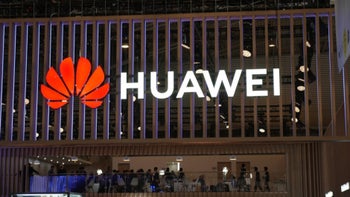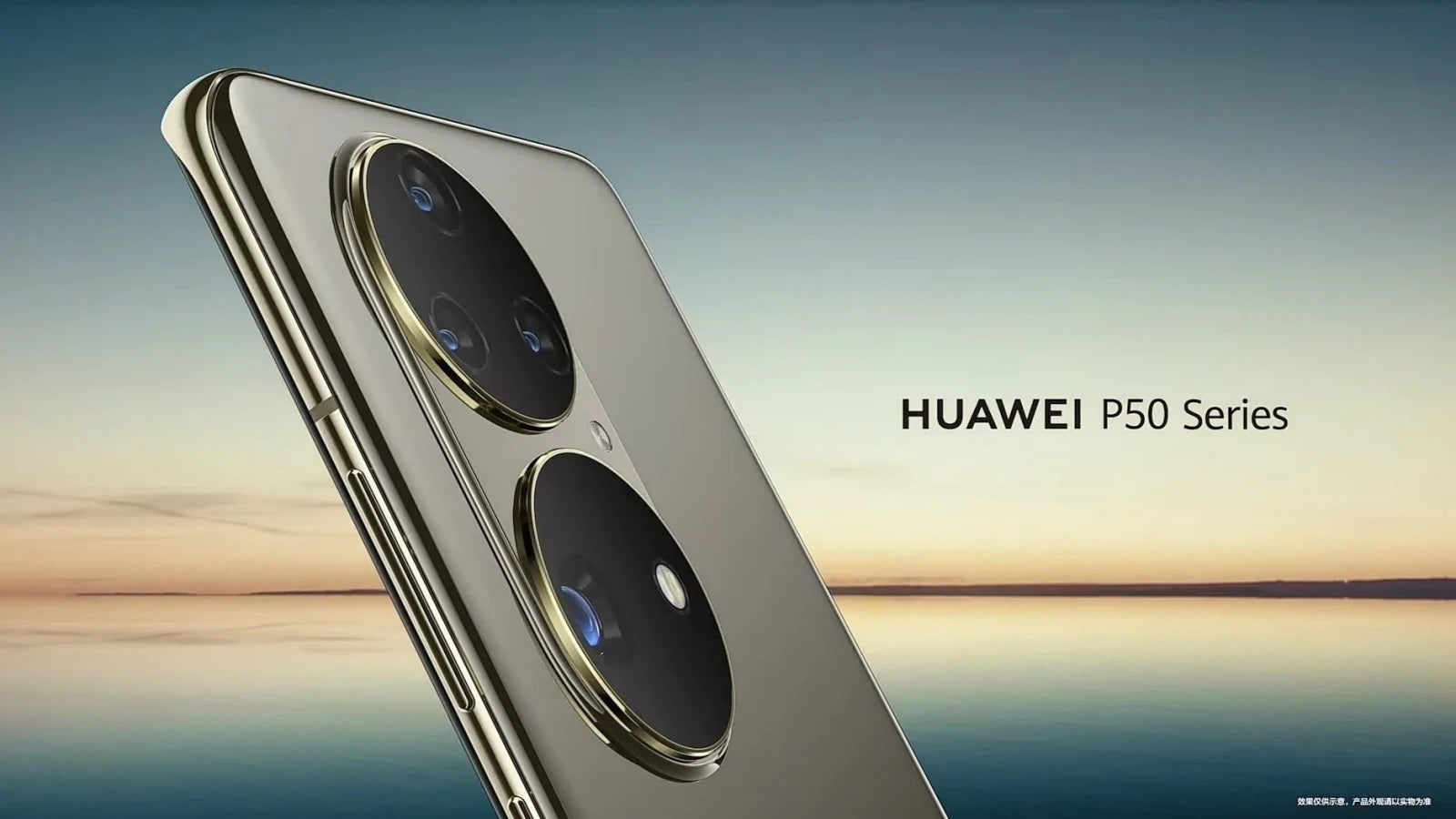Court rules that FCC can block subsidized purchase of Huawei's 5G networking gear in the U.S.

Bloomberg reported on Friday that a three-judge federal appeals court in New Orleans, including two judges appointed by former President Donald Trump, agreed with a 2019 FCC ruling blocking Chinese networking firm Huawei from using taxpayer funds to subsidize the purchase of its 5G networking gear. The funds are supposed to be used for U.S. broadband development.
Appellate court rules that the FCC can block subsidized purchases of Huawei networking equipment because it is a national security threat in the U.S.
The FCC blocked Huawei from receiving subsidized funds because its networking equipment is open to attacks from hackers and is tied too closely to Chinese military intelligence. The FCC also banned the use of subsidized funds to buy 5G networking gear from Huawei after determining that the world's number one network supplier was a national security threat in the U.S.

Render of Huawei's next premium handset, the P50 Pro
Huawei argued in its 61-page filing that the FCC, in blocking the use of subsidized funds to purchase Huawei's 5G gear, was replacing the State Department or other such agencies in making a decision against using such funds to purchase Huawei manufactured equipment. Trump appointee U.S. Circuit Judge Stuart Kyle Duncan wrote, "If we were convinced that the FCC is here acting as 'a sort of junior-varsity' State Department, we would set the rule aside. But no such skullduggery is afoot. Assessing security risks to telecom networks falls in the FCC’s wheelhouse."
Huawei also argued that the FCC intruded on the president's right to make national security determinations, and skipped required steps in the federal decision-making process. But those comments could not persuade the appellate court to override the original decision.
As a result of the ban, Huawei says that the FCC's ruling branded the company and drove away customers worried about using 5G technology opposed by the Trump administration. Additionally, the FCC's determination about Huawei being a national security threat in the U.S. came after similar assessments about Huawei were made in the U.K., Japan, Australia and New Zealand.
The FCC said that it came to the conclusion that Huawei's lower costs were outweighed by its threat to U.S. security. During oral arguments, the appellate judges pressured Huawei to reveal why it wouldn't eliminate the rumored backdoors that reportedly allow the company to spy on American citizens and companies.
Last Tuesday, the FCC broadened the ban to include surveillance cameras made by Huawei and four other Chinese electronics companies. The U.S. originally placed the company on the Entity List in May 2019 which prevented the firm from accessing the U.S. supply chain that it spent $18 billion on just the year before. It also blocked Huawei from using Google Mobile Services which forced Huawei to create its own Harmony OS operating system.
Honor's latest models, the 50 and 50 Pro, use the Google Mobile Services version of Android including Google apps
The following year, the U.S. changed an export rule that blocked global foundries from shipping to Huawei any chips produced using American technology without a license from the Commerce Department. Without these actions from the U.S., Huawei would easily have been the largest smartphone manufacturer in the world by now.
Instead, we could see Huawei drop down to the seventh position this year especially after it ended up selling its Honor sub-brand to a consortium for a price believed to be in the neighborhood of more than $15 billion. Huawei did this in order to free up Honor from having to deal with the U.S. bans because of its connection to Huawei.
Now that Huawei and Honor have divorced, the latter is no longer banned from using the Google ecosystem. That is why Honor's latest models, the 50 and 50 Pro, will include the Google Mobile Services version of Android and feature Google's Android apps.













Things that are NOT allowed: